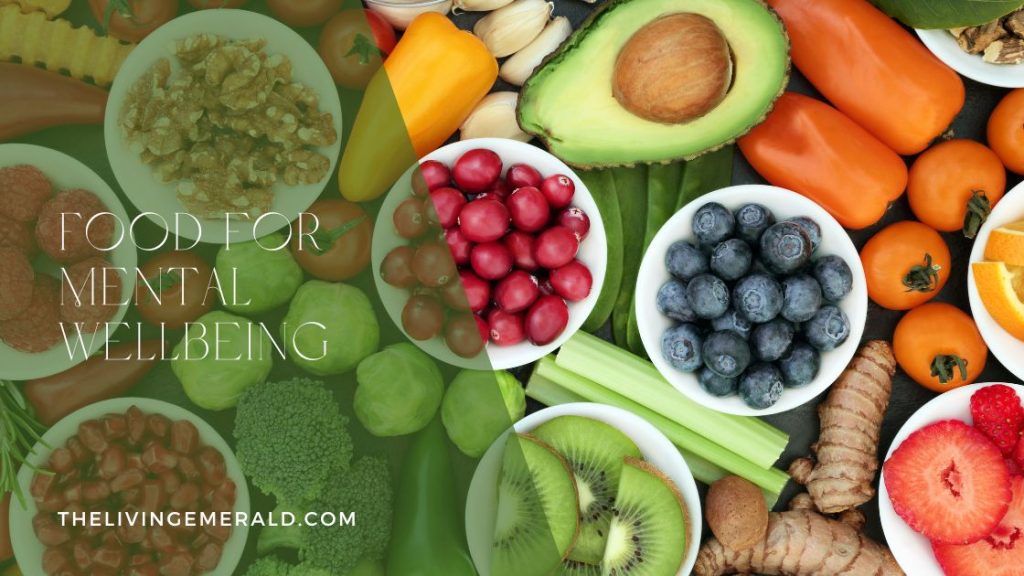
Understanding Stress Languages: An Introduction
In our modern, fast-paced world, stress has become an all-too-familiar companion. From the demands of work and family to the constant barrage of information and stimuli, we often find ourselves […]
Understanding Stress Languages: An Introduction Read More »

